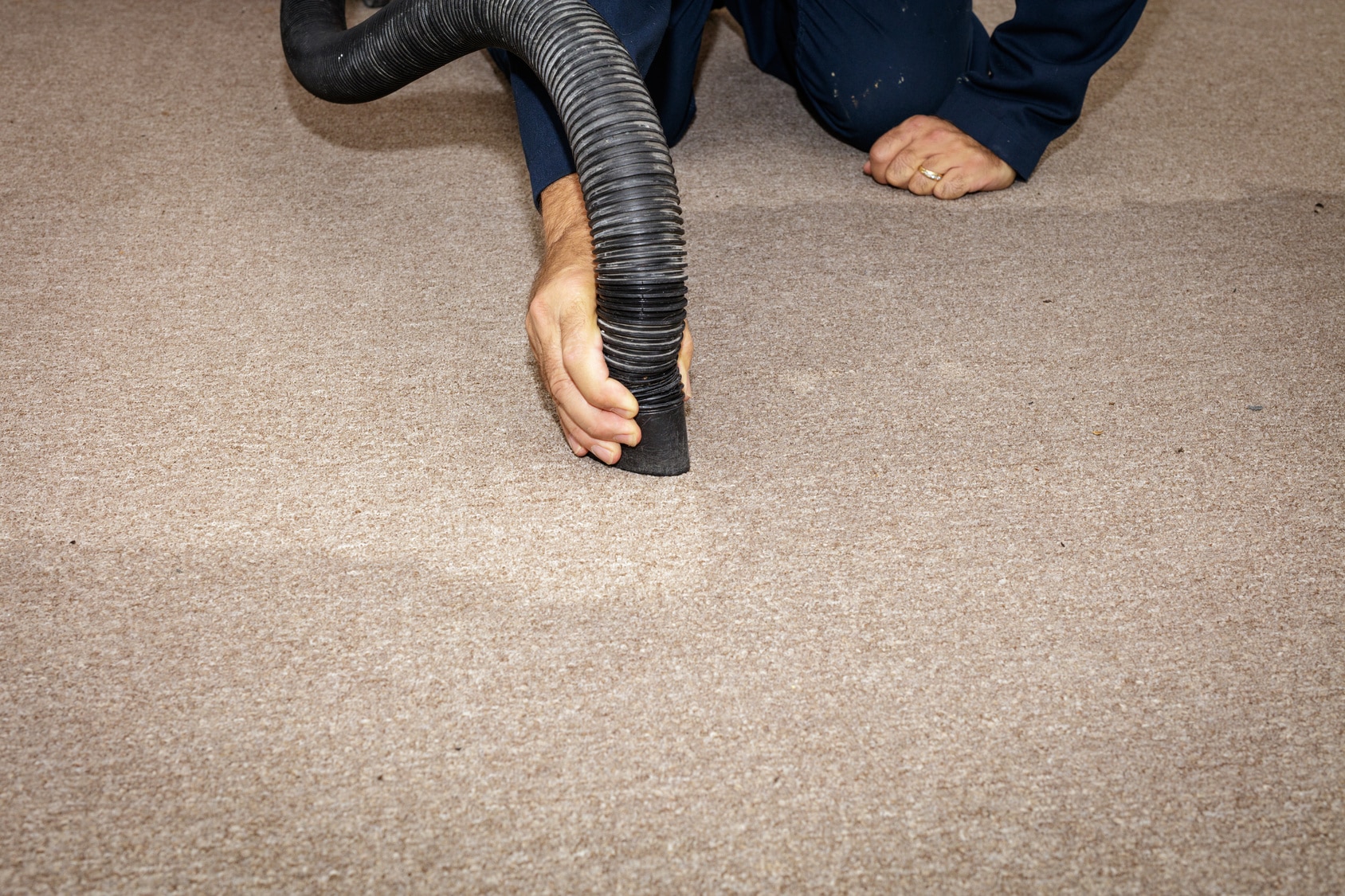If you have experienced flooding, you know a wet carpet can be a disaster. In this article, we’ll go over how to properly dry it out, clean it, and prevent the growth of mold and mildew. Follow these tips for fast and easy restoration if you have a wet carpet.
Table of Contents
Taking care of a wet carpet
If you’ve suffered a flood or have recently moved into a new home, you’ll need to deal with a wet carpet. If left to sit for a long time, water can cause mold and other problems. If the water has soaked through the carpet and pad, you may need to lift the carpet and check the floor beneath. Please don’t leave it on the carpet and pad because this may cause further damage to the flooring or furniture. If the water is so large and persistent, you may want to rent a carpet-drying machine. It is necessary because your standard house vacuum may not be powerful enough to remove all the water.
While many DIY flood-cleaning kits are available online, it’s often wiser to hire a Carpet Water Damage Warehouse professional for a thorough job. A submersible pump or shop vac can dry out the water quickly, and the equipment is inexpensive. Mops and towels can blot up the water and prevent mold. However, these simple methods won’t cut when the floodwater is contaminated.
Drying out a wet carpet
If your home has experienced flooding, drying out a flood-damaged carpet is one of the first things you should do. While you may be tempted to do it yourself, you should call professionals for this job. The longer it is left wet, the greater the risk of microbial growth and other problems. If you’re unsure how to proceed, take pictures of the damage to prove what is happening.
You may need to lift the carpet to get at it, and you should also wear protective gear, such as gloves, masks, and boots. If you’re unsure how to lift the carpet, you should hire a professional who knows how to dry out a carpet effectively. It’s essential to understand how the closed drying cycle works, as water evaporation can lead to a temperature drop of up to 30 degrees.
Cleaning a wet carpet
Clean water damage can be of two types: graywater, which comes from rain, and blackwater, which comes from broken water lines or sewage spills. Greywater is relatively clean and may have some odor or staining. It can also come from appliances overflowing without solid matter, such as a dishwasher. It is best to remove the water as quickly as possible to minimize damage in most cases. Depending on the source of the flood, you may be able to salvage some of the paddings. Regardless of the type of water, it is essential to clean the carpet immediately after it floods.
While cleaning a wet carpet after flooding can be stressful, it is essential to remove the water from the carpet as soon as possible.
The first step is to soak up as much water as possible with a microfiber towel. Make sure to keep replacing the towels as they become saturated. You should also move furniture from the area that has been flooded and blot them to remove any excess water. If there is still too much water, set up fans to create airflow. The water should be removed when you decide to call in a professional cleaning company.
Mold and mildew growth
Water-damaged carpets are prime breeding grounds for mold and mildew. To prevent the growth of mold and mildew, remove any liquid as quickly as possible. Dry vacuuming will remove the moisture, but it is essential to hire a professional water removal service to ensure thorough water damage cleanup. Depending on the extent of the flood damage, the cleanup process can take weeks to complete.
After water damage, the carpet should be discarded. If the water isn’t removed in 24 to 48 hours, mold and mildew growth may be beneath the carpet. A simple cleaning can’t remedy it. Cleaning alone will not prevent mold from growing, and it is best to replace it with a new carpet. If you can’t remove the mold or mildew, you may have to pay for a professional cleaning service.

